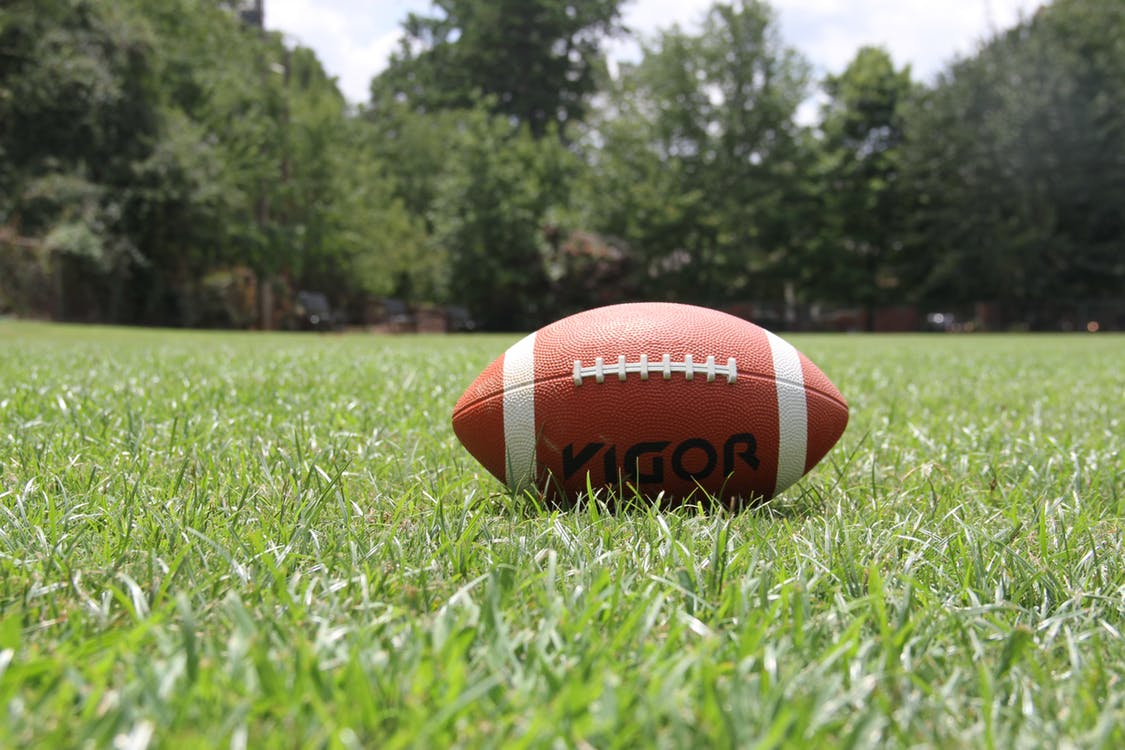

If you have a teen that loves sports, it’s important to make sure that you take the proper precautions from getting them hurt. Below, are a few precautionary steps you should take to ensure your teen is ready for the sports season, such as wearing the right equipment, getting physical, wearing a mouth guard, eating a healthy diet, and properly warming up.
Undergo a Preseason Physical
Before the your child’s chosen sport’s season, it’s essential to have your teen get a preseason physical to ensure that they are fully fit to play. Fortunately, sports physicians can determine whether or not your teen is healthy enough to play their sport and ensure that they’re safe during the season. Or, if they get injured, a physician can help them to get back on the field.
Buy the Right Equipment
It’s important to buy protective gear for your teen to play safely in their sport—such as helmets, shoes, and pads to prevent injuries on the field. As a parent, it’s also important to talk with your teen’s coach to ensure that they have the right equipment and that everything fits properly.
Have Them Wear a Mouth Guard
In most sports, it’s advisable (if not required) for your teen to wear a mouth guard, since it can prevent mouth injuries, including the loss of teeth. After all, a knocked-out tooth from a hard hit can lead to dental issues such as needing dental implants.
Make Sure They’re Warming up
Warming up is an important precautionary step to avoid injury while working out or participating in a sport. It’s essential for all athletes to properly warm up before a game or practice. You should make sure that your teen is doing both dynamic and static warmups to help loosen their muscles and prepare them for their sport.
Prepare Them a Well-Balanced Diet
It’s essential for your teen athlete to eat a healthy and well-balanced meal of lean proteins, fruits, and vegetables on a recurring eating schedule. This means eating the usual three meals a day at the same time every day.
Keep Them Properly Hydrated
Your teen athlete can become easily overheating on hot days. This is why it’s important to make sure you keep them properly hydrated before, during, and after their game. You should also be on the watch for heat-related symptoms, like vomiting, fainting, confusion, and fatigue.
If you have a teen that loves playing sports, it’s your job as a parent to support them and ensure that they’re safe. Hopefully, with the help of this guide, you can get a better understanding of what your role of a parent is when your teen plays sports.


